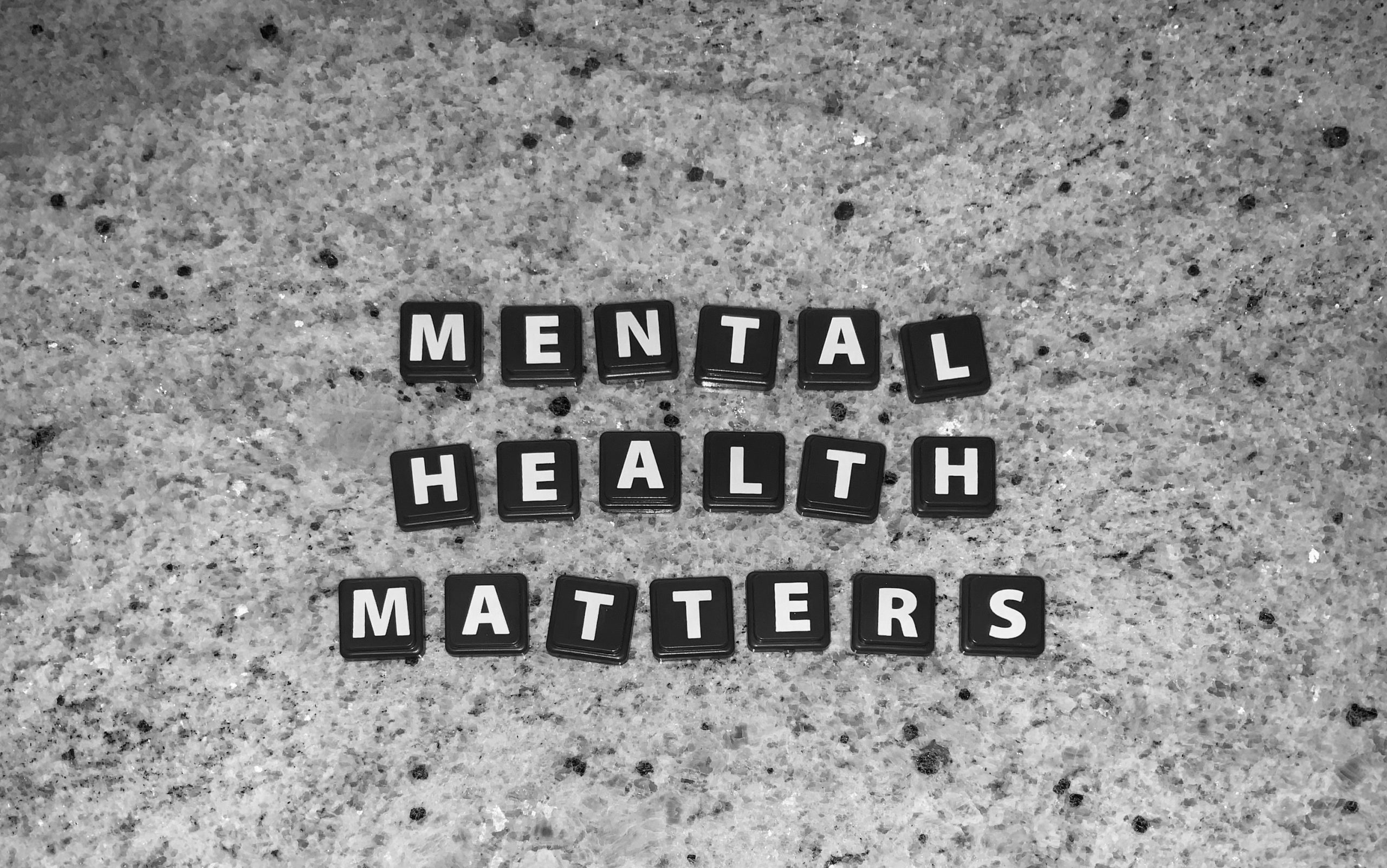The compelling reasons to join the fellowship
Bill W. and Dr. Bob Smith established Alcoholics Anonymous, or AA, in Akron, Ohio, in 1935. The foundation of AA consists of the Big Book and the Promises.
The main goal of AA is to help alcoholics in becoming sober. It also offers a self-sustaining infrastructure where alcoholics help others to stop drinking.
Why “Anonymous”?
The “Anonymous” portion of Alcoholics Anonymous is meant to safeguard AA members from external stigma or criticism. Allowing members to remain anonymous will enable them to choose how, when, and to whom an alcoholic could expose their alcoholism.
Another essential component of AA’s public relations strategy is maintaining anonymity. AA members do not speak for the fellowship; AA does not engage in self-promotion or advertising, nor does the fellowship participate in public affairs. Thus, it’s crucial to maintain your anonymity both personally and professionally.
AA members generally adhere to the guidelines outlined in the book Alcoholics Anonymous: The Story of How Many Thousands of Men and Women Have Recovered from Alcoholism, later renamed theBig Book, for their recovery and the general welfare of other alcoholics.
The Big Book’s pledges also called “AA Promises” can be found in one of the many chapters about education, explanation, and personal success stories.
The AA Promises aims to illustrate the hope, potential, and unavoidable goodness that come from following the Twelve Steps, participating in the AA fellowship, and supporting other alcoholics on their journey to sobriety.
On pages 83 – 84 of the Big Book’s Chapter 6, “Into Action,” you can find The Promises of AA.

The Promises of AA
As laid out in chapter 6 of the Big Book of Alcoholics Anonymous, alcoholics who stay sober and work the Twelve Steps will see these Promises come true:
Promise 1: We are going to know a new freedom and a new happiness.
Promise 2: We will not regret the past nor wish to shut the door on it.
Promise 3: We will comprehend the word serenity.
Promise 4: We will know peace.
Promise 5: No matter how far down the scale we have gone, we will see how our experience can benefit others.
Promise 6: The feeling of uselessness and self-pity will disappear.
Promise 7: We will lose interest in selfish things and gain interest in our fellows.
Promise 8: Self-seeking will slip away.
Promise 9: Our whole attitude and outlook upon life will change.
Promise 10: Fear of people and economic insecurity will leave us.
Promise 11: We will intuitively know how to handle situations that used to baffle us.
Promise 12: We will suddenly realise that God is doing for us what we could not do for ourselves.
What Do the Promises Mean?
The Big Book’s Promises mostly describe the transformations in the alcoholic’s attitude and life, “sometimes quickly, and sometimes slowly.” They may take time, but they “will always materialise if we work for them.”
A proper alcoholism recovery programme will undoubtedly cause an internal change in the recovering alcoholic, resulting in more tranquillity and well-being.
Recovery from alcoholism starts with detox and may also require support from a professional therapist or psychiatrist in some cases. Readers of the Big Book will observe that the following terms, which stand for the core advantages and main goals of recovery, are highlighted in these Promises in chapter 6:
- Freedom
- Happiness
- Peace
- Serenity
- Benefit to others
The Big Book simultaneously guarantees the eradication of these undesirable effects of alcoholism:
- Fear and Regret
- Sense of helplessness
- Self-pity
- Self-centeredness and selfishness
The promises are, therefore, twofold: the dread and negativity of alcoholism will be eliminated, and the individual who completes a decent programme will acquire a spiritual foundation and a whole new perspective on life.

Why Are the AA Promises So Important?
The following four resources offer advice to alcoholics in recovery:
The recovering alcoholic attends AA meetings and receives guidance from fellow fellowship members who have lived their lives following the Twelve Steps and other AA tenets.
The programme, the Big Book, the Twelve Steps, and its instructions all guide alcoholics in recovery.
The recovered alcoholic forges a connection with a Higher Power, in whatever manifestation, and places their faith in spiritual leadership.
The third source of knowledge is found internally; the recovering alcoholic must envision a bright future and be willing to make it come true.
The Promises of the Big Book are significant because they address the self, the fourth source of direction. For the alcoholic, they clearly outline the bright future that awaits anybody who commits to recovery and reassures them of its success.
One Last Thing About the AA Promises
The Big Book promises the addict a new way of life and a more contented connection with existence. Doing the Twelve Steps, which initially may seem daunting, strange, or uncomfortable, is necessary. But, the sole prerequisite for joining AA is the desire to give up drinking. Someone is well on their way to keeping those Promises if they merely show up, remain sober, and give it their all.
Editor’s note: We prefer using terminology that puts the person’s individuality before the illness. Still, we’ve decided to keep using “alcoholic” to refer to people with substance use disorders. This aligns with AA’s history, founding principles, and the language used in the fellowship.
The 12 Steps is open to everyone with a substance use disorder, not just alcoholics. Our goal is to utilise the language and spirit of the programme to describe the condition of addiction and to speak to those who identify as “alcoholics”.
There is no shame in requiring assistance with addiction; substance use disorders are widespread and curable. If you or a loved one is struggling with an addiction, call Freephone 0800 140 4044
Freephone: 0800 140 4044
Local rate: 0300 330 3040



